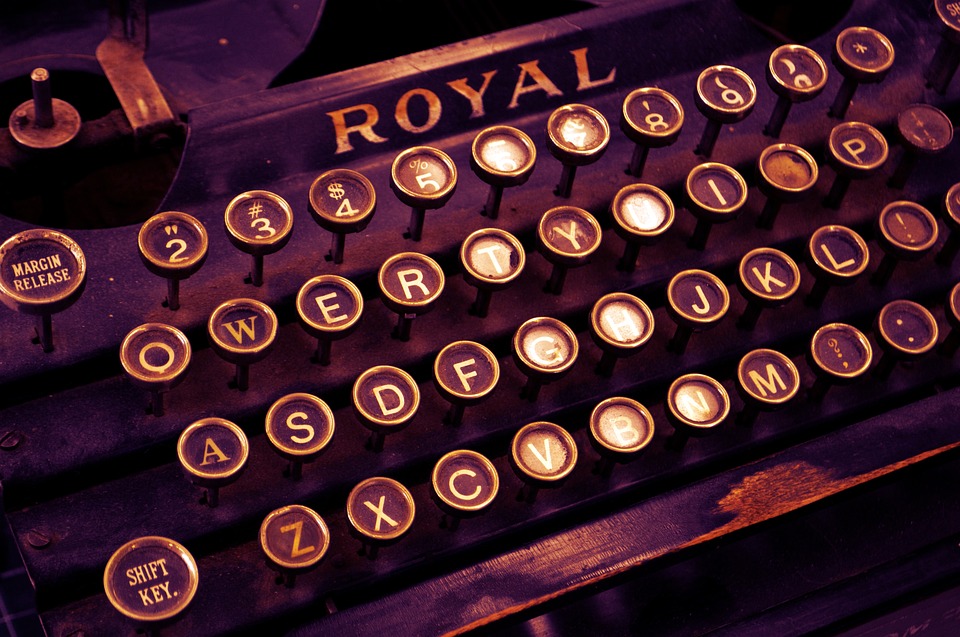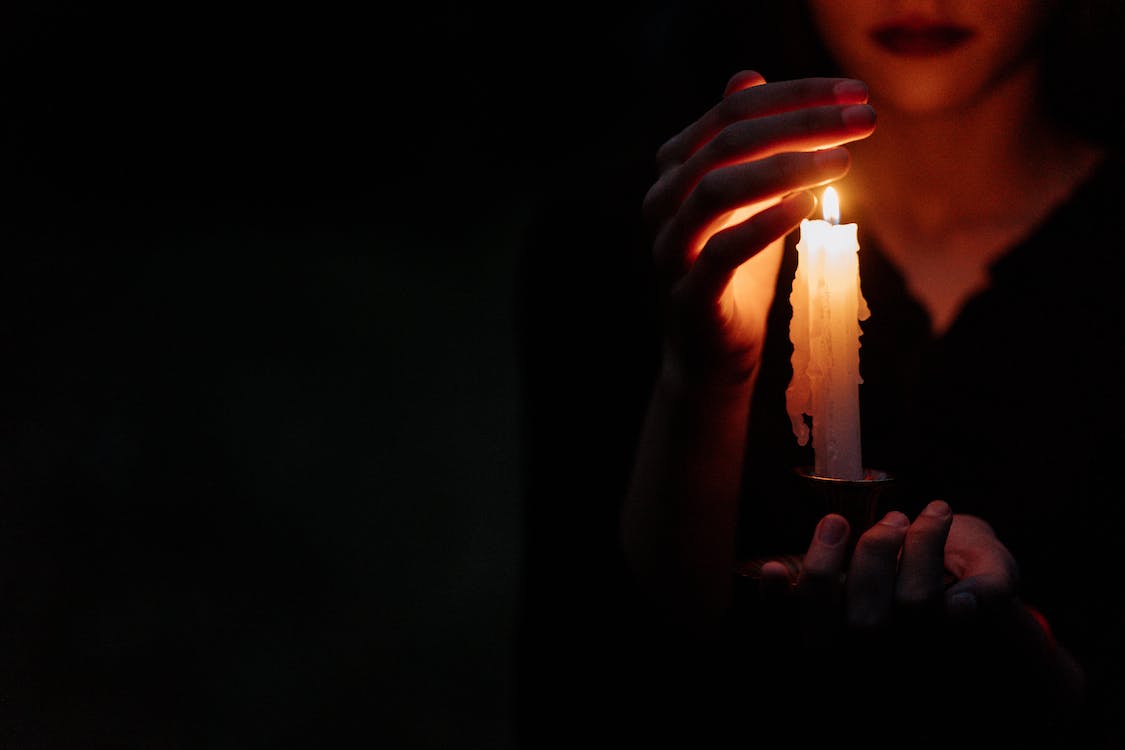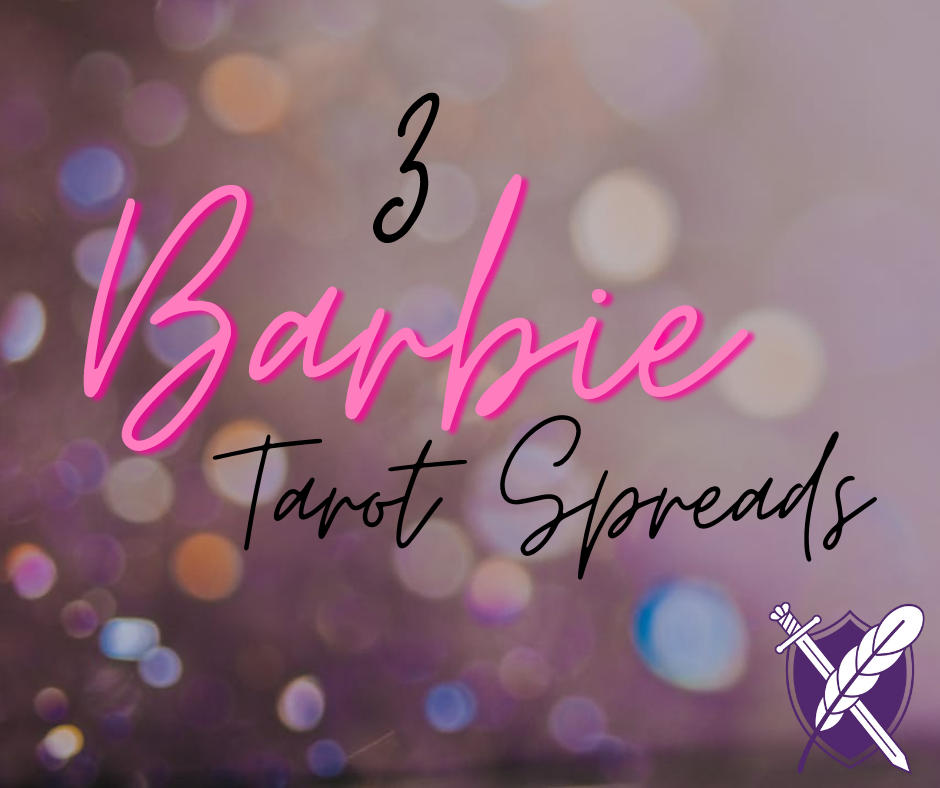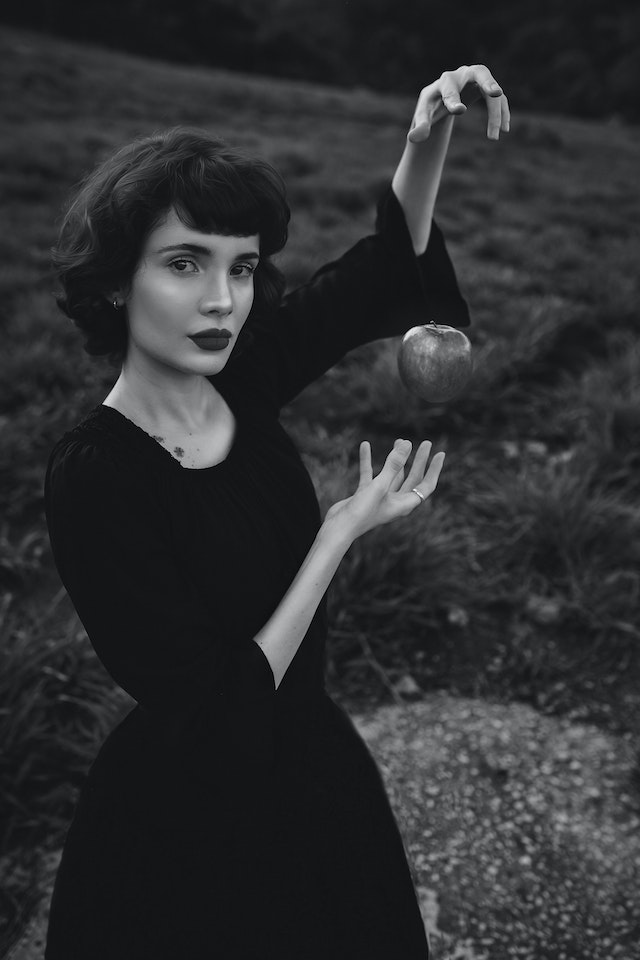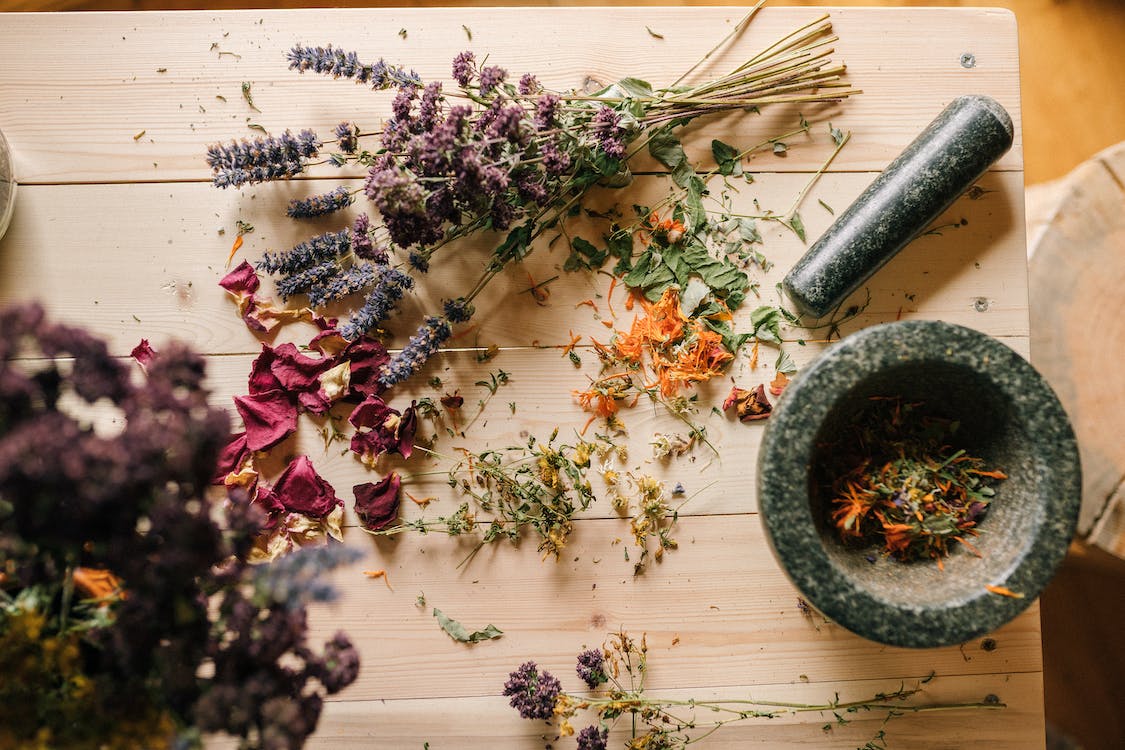Like many people — especially young women — I encountered modern witchcraft largely on the internet.
Ah, the 1990s.
I didn’t know I was searching for empowerment, a means of breaking out of the boxes society put me in, or a way to classify myself that indicated I was already living outside of society’s intended roles for me, but I was drawn to it. I became fascinated with all types of media involving and reimagining witchcraft, with a solid understanding that while some of the concepts I encountered were as old as humanity, most of the rituals and beliefs I encountered were modern, made up, and though a modern lens.
In my perspective, rituals are made up. Most religions are. Most beliefs are, even though they could be based on something real, actual experiences, or could even create philosophical alternate realities once we enact them.
That is to say — things we make up have power.
Currency is a phenomenal example. It has value because we say it does; a piece of currency represents something. It represents confidence in a (flawed, at least in the case of the United States) economy, but it also represents physical gold stored in a fort.
What is Maiden, Mother, Crone?
I’m not ashamed to say that the first time I encountered the concept of maiden, mother, crone — also known as a form of the Triple Goddess — was in literature. I read about her in The Mists of Avalon, a compelling, feminist work unfortunately created by an unfortunately problematic author ( <– content warning for abuse should you click on that link). From there, I did what most young witches-to-be would do at the time: I consulted the internet.
The internet was full of very generic content, junk, people claiming Wicca (a legitimate, imperfect, and modern practice) was ancient, and “authorities” that weren’t properly categorized. I moved through this rather than past it, as most of us honestly did. But through most of it was this drum beat of maiden, mother crone, representing the three stages of a woman’s life. As a young woman who aspired to embody these phases and saw them in action as myself, my mother, and my grandmother, I embraced this version of a generic goddess unquestioningly.
Maiden, mother, crone works well for some — and that’s great! But an alternative to maiden, mother, crone may prove more empowering for others. This is my journey.
My Life Since Encountering Maiden, Mother, Crone
Like most people, I’ve explored spirituality on and off throughout my life. Before I felt that the maiden, mother, crone concept might not apply to me, I was especially drawn to goddess representations of Athena and Epona, and later, Idunn. There is in my life another goddess triplicate: the complex upheavel and whirlwind of the unapologetic Morrigan. And since exploring a path with The Morrigan, I have struggled to redefine Maiden, Mother, Crone — which no longer works for me.

Why Does Maiden, Mother, Crone No Longer Work For Me?
I do not like looking back on my maiden years because part of that definition relies upon sexuality. And although I was not sexual at a young age, I don’t feel that part of my identity should be defined by what a man has done to me or with me, consensually or not. Furthermore:
- I am infertile and deal with a lot of chronic health issues. I am now 42. I care for animals in a practical sense, but I will never be the mother of another human.
- I appreciate the role of the crone, but as an elder millennial achieving milestones later in life, I’m not sure I’ll even live long enough to feel like a crone, as I will still be achieving youthful milestones into retirement age — if I even get to retire.
- I’ve found empathy and sympathy from other witches and non-witches, as well as those who have their own hangups, clearly expressed by demanding I conform and lack the flexibility to reimagine these words to make them fit me.
Note: I offer this as example, not justification. If something does not fit for me, I am permitted to step around it. This is a core tenet of personal sovereignty, which guides my focus in spiritual and mundane life.
That feels dangerous. For me, witchcraft and creativity are entwined, and I am not going to conform to the feeling of a limit that defines me. That’s antithetical to my practice and crafts, and worse, I would risk putting those limits on others, which could cause harm.
I started researching alternatives to maiden, mother, crone, but many didn’t work for me. A lot of alternatives simply involved replacing the mother phase, as infertility is common for women. Some were perhaps more ideal for transgender witches, but I am cis and didn’t really connect with those representations. The book “Jailbreaking the Goddess: A Radical Revisioning of Feminist Spirituality” by Lasara Firefox Allen helped immensely, but still didn’t provide an exact fit for me.
Most of all, it took time, and patience with others more than myself as everyone wanted to, as the old expression goes, “put their oar in.”
I wanted to fashion my own oar. I am a creator.
My Alternative to Maiden, Mother, Crone
Given that creation is fundamental to my identity, and that learning is an essential part of creating, I have come up with a new way to describe my life stages: Student, Creator, Teacher. In every day life, I embody and express all three of these roles. Now, my younger self was a student more often than my present self; my future self will likely spend more time teaching various crafts more than I do now. But in my day-to-day, I practice all three.

As an example: I am currently a student of Integrated Communications, learning how to more efficiently and effectively communicate. By paid roles and by nature, I am a creator in most of my day. But I also pass insights and knowledge, as I am doing right here, as a teacher.
By embracing these roles, I find myself able to do what fans of maiden, mother, crone can: I see each aspect of my roles in life; I am able to balance them, embrace them in my dreams, and use them to interact with others. Am I meant to be a student here, a creator, or a teacher? This is especially helpful in allowing me to determine if I want to engage in a conversation online, and if so, how I should do so.
Some paths of witchcraft have specific rules you must follow. Others do not. While I spend time socializing and discussing witchcraft with others, I rarely participate in group rituals and identify as a solitary practitioner. I don’t think that my way is the right way or the best way for anyone but me — and I acknowledge that I am always a student — always a learner.
As a final note, I was once in a romantic relationship with a masculine occultist who was committed to Thelema. In discussions of beliefs and ceremonial magick, I found the gender expectations and differences very interesting. This made me further examine the pagan expectation that I conform to maiden, mother, crone — and how uncomfortable I felt with that concept applying to my life. Witchcraft is not here to make me feel like an outsider — it’s a way for me to understand the role of the outsider and responsibly handle it.
I hope this exploration has been useful to you. You do not need to follow a maiden, mother, crone identity if you choose not to do so. In the spirit of creation: What alternative to maiden, mother, crone works best for you?

